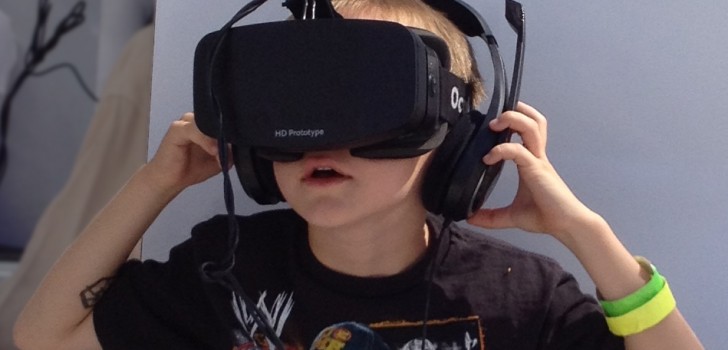Virtual reality companies have experienced challenges in finding quality content in the past, but filmmakers might ready to do something about that.
Most companies that made early use of the 360-degree experience which is offered by virtual reality were in the gaming industry. However, film companies are starting to see the potential as well.
For instance, virtual reality company Oculus has started to receive funding from Disney, which has invested $65 million into Oculus so that it can further develop virtual reality technology.
Additionally, legendary filmmaker Steven Spielberg recently joined the board of advisors for the Virtual Reality Company, showing that big names are getting involved.
However, even though virtual reality is starting to attract the necessary attention, most of its content still consists of first-person concert experiences, raw documentary footage and extensions of film marketing. The process of bringing original narratives to virtual reality has been slow, but people involved in the virtual reality industry insist that they are trying to change that.
Co-owner of virtual reality producing company Felix & Paul Studios Felix Lajeunesse says, “What we’re seeing is a shift from when it was all about trying to understand this medium to where it feels like we’re able to tell more complex stories and create a proper storyline.”
Felix & Paul Studios agreed to a multiyear deal with Oculus earlier this year to develop original virtual reality content. They say that they have three scripts in development for viewers to experience.
Oculus has also created its own original content unit called Oculus Story Studio. It is being led by veteran of Pixar Saschka Unseld. The unit plans to release five animated virtual reality shorts this year.
Meanwhile, virtual reality headsets are still largely unavailable to the public. Many people view virtual reality content using Google Cardboard, which is able to function using any smartphone.
Samsung and Oculus released the Gear VR last December, and a discounted version is expected to hit stores next month. However, the device is only compatible with specific Samsung smartphones.
However, the technology should see a major boost next year, as 2016 looks to be the “year of virtual reality”. Companies such as Oculus, Sony and HTC plan to release a multitude of innovative virtual reality headsets next year that should revolutionize the technology and make it available to large audiences.
Some estimates show that the market for virtual reality content will reach $5.4 billion by the year 2025. While that sounds excellent, virtual reality will need some impressive original content to get there.
Stay Connected